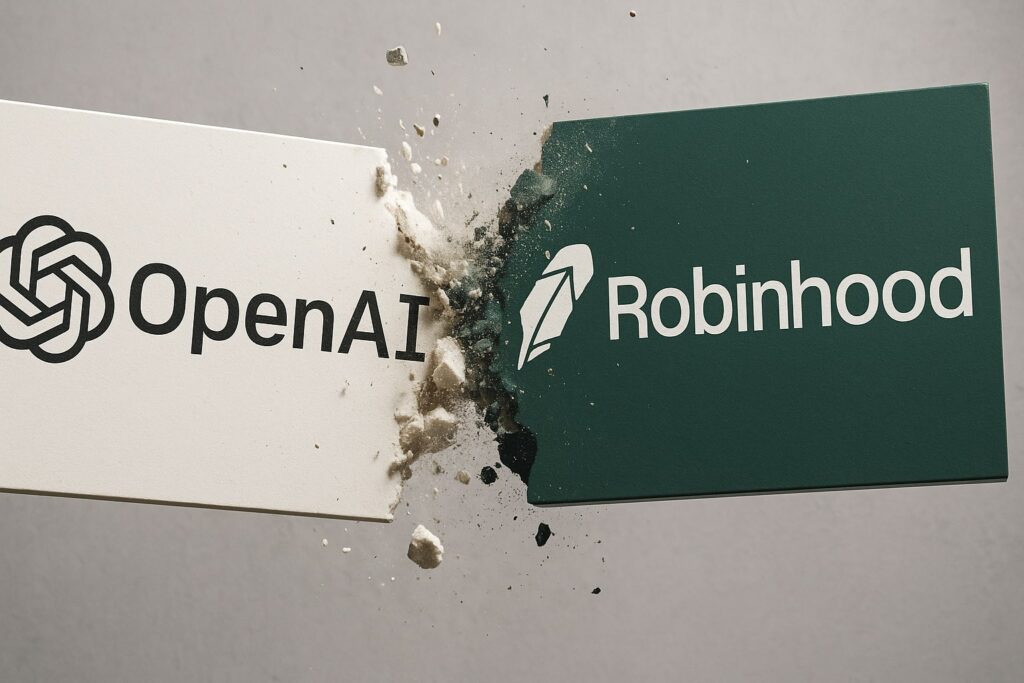OpenAI said on July 2 that digital tokens trading under its name on Robinhood’s new blockchain platform do not represent OpenAI equity and were listed without the company’s consent.
In a statement posted on X, the artificial intelligence developer wrote:
“These ‘OpenAI tokens’ are not OpenAI equity. We did not partner with Robinhood, were not involved in this, and do not endorse it. Any transfer of OpenAI equity requires our approval—we did not approve any transfer.”
The company asked investors to “be careful,” highlighting that any equity movement in the private firm must be approved by its board.
Tokenized-stock pilot spurs confusion
OpenAI’s comment follows Robinhood’s June 30 event in Cannes, France, where CEO Vlad Tenev demonstrated a tokenized stock trade for an “OpenAI” position on the broker’s forthcoming layer-2 blockchain.
Robinhood said the network, built with Arbitrum technology, will let eligible European users trade more than 200 US equities and exchange-traded funds 24/7 with no commissions or spreads. The shares will be converted into on-chain tokens for transfer and settlement.
The presentation helped push Robinhood’s class-A shares up about 11% to a record $92, extending a month-long rally of roughly 34%.
Market chatter soon began treating the demo asset as de facto OpenAI equity, despite the company remaining privately held.
Push for tokenized stocks
Robinhood’s initiative arrives amid a broader campaign to shift conventional equities onto public blockchains.
In late June, Dinari won broker-dealer registration for a subsidiary, positioning it to distribute its tokenized “dShares” to US brokerages after completing SEC onboarding.
The firm already issues blockchain-recorded shares to non-US users on Coinbase’s Base network and states that it will settle future trades on a public chain while routing orders through registered market centers.
Kraken has meanwhile launched a 24/7 platform for tokenized US stocks, and Coinbase has requested clearance from the SEC to roll out a similar service.
Proponents contend that putting equities on-chain trims clearing fees, shrinks settlement times to near real-time, and enables continuous trading.


